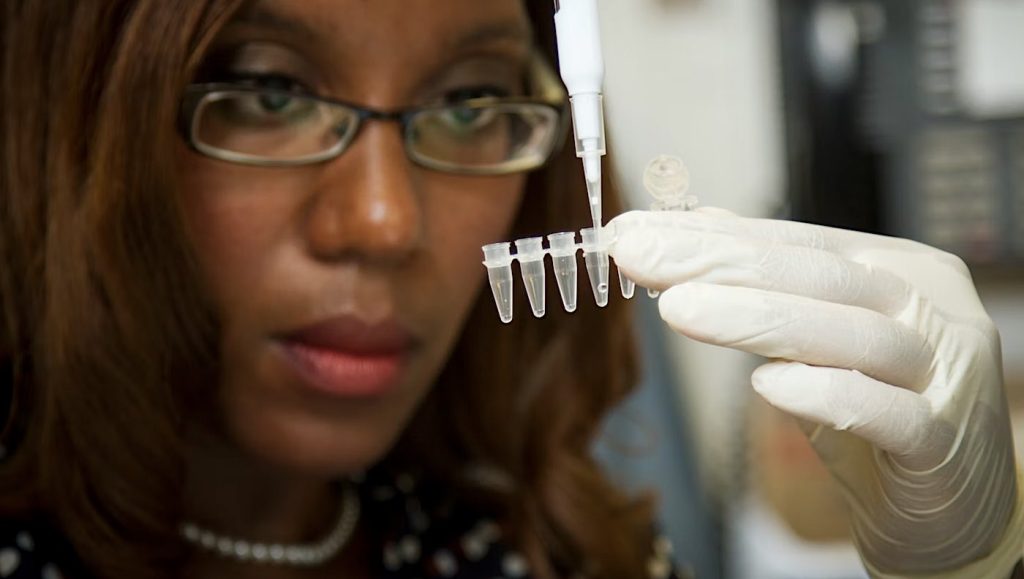A 19-month-old girl has become the first person to be cured of a rare and deadly condition, using a new therapy that inserts functional versions of a faulty gene into the patient’s bone marrow.
Teddi Shaw is now predicted to live a long, normal, healthy life thanks to this “cure” for metachromatic leukodystrophy (MLD).
“Teddi is doing absolutely brilliant,” her mother Ally told the Guardian. “She is walking, running, a chatterbox—absolutely no signs so far of MLD. She is an absolute character and has everyone around her laughing all the time.”
The cure happens to be the most expensive drug in the world. Called Libmeldy, it corrects the copies of faulty genes which cause MLD after a patient’s stem cells are removed. The cells are then treated with Libmeldy, and they are replaced in the patient’s bone marrow.
“This is a huge moment of hope for parents and their babies born with this devastating inherited disorder, that can now be treated with a single round of revolutionary treatment,” chief executive of NHS England, Amanda Pritchard said.
Previous data on Libmeldy has shown as far as 8 years post-treatment, it’s corrected the underlying genetic problems entirely.
The drug costs over $3 million, but the NHS came to an agreement with Orchard Therapeutics to substantially mark it down on Teddi’s behalf.
Orchard CEO Bobby Gaspar has said the price represents the costs that were required to develop, test, and get the drug approved when considering there might only be 7-8 diagnoses in England in a year. It’s also a fair bit less than the 10-year cost of the standard of care for MLD patients, who gradually lose motor function and control of the senses.
Rates of MLD vary between North American and European populations, and could potentially be between 1 in 40,000 live births to 1 in 150,000.
MLD is part of a family of illnesses called Lysosomal storage diseases. Similar therapies to Libmeldy are thought to be potential treatments for many LSDs, including Krabbe disease, X-linked adrenoleukodystrophy, Canavan disease, Zellweger disease, and others, all of which are rare, rarely screened for at birth, typically only affect infants, and are fatal over 5-10 years.
SHARE The Story Of This Cure With Social Media…

